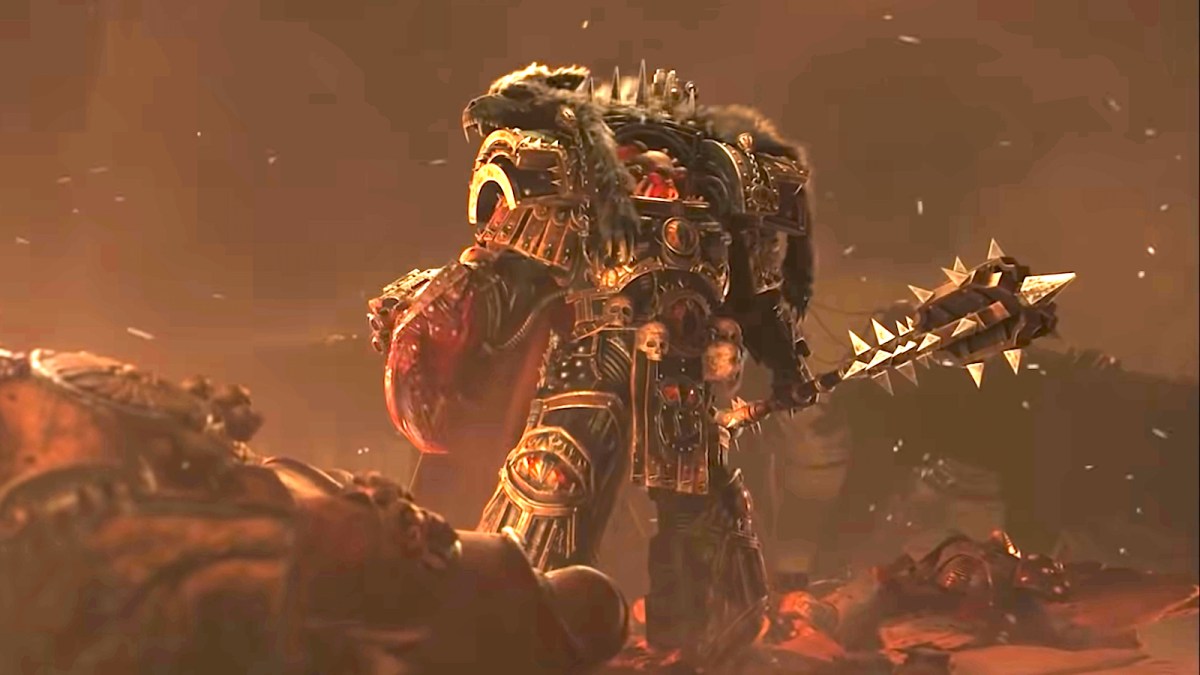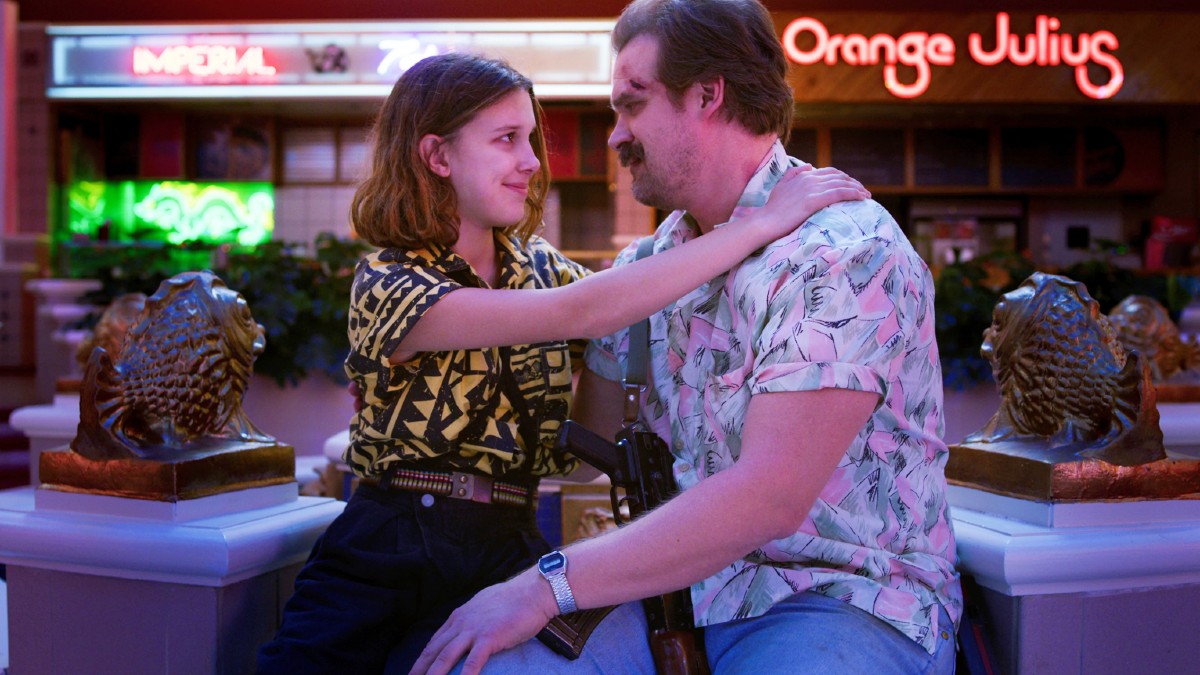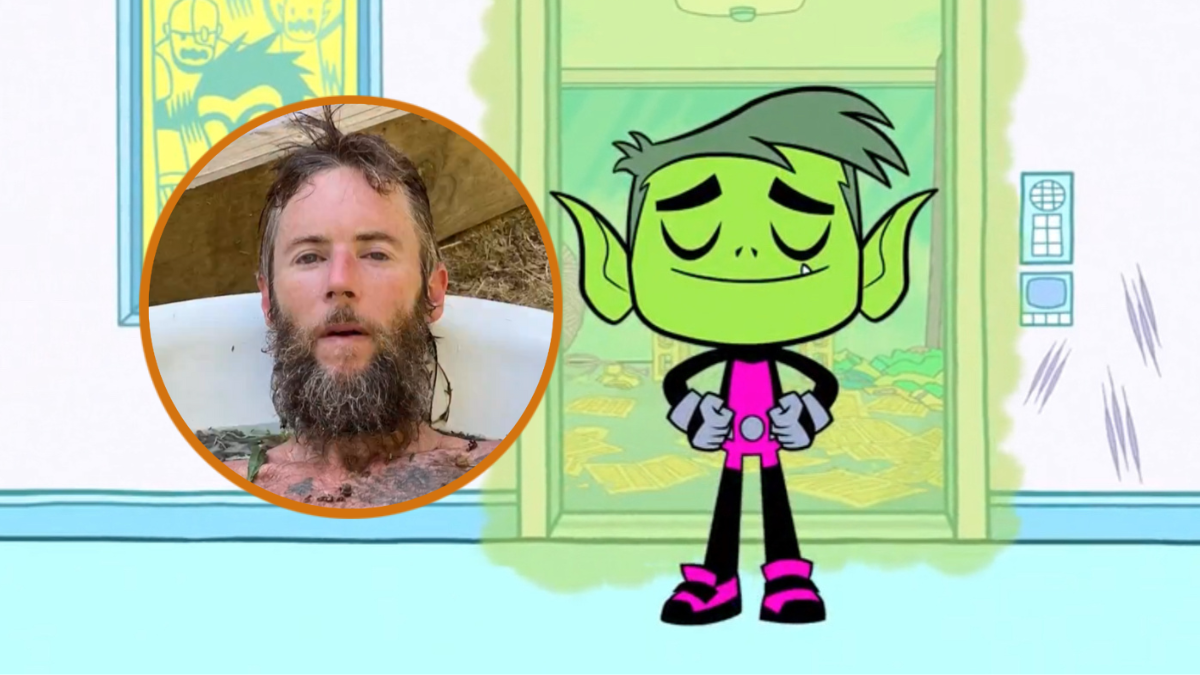Fans of miniature wargames received quite the treat this week after British actor and Hollywood A-lister Henry Cavill announced he is spearheading the live-action TV adaptation of Warhammer 40,000 in partnership with Vertigo Entertainment and Amazon Studios.
The news came fresh off the heels that Cavill would not reprise his role as Superman in the DCU, despite having announced his return just weeks prior. Of course, this also coincides with his departure from Netflix’s The Witcher as the White Wolf himself, Geralt of Rivia. Needless to say, Cavill fans were in need of a break, and boy, did he deliver.
Warhammer 40K is a miniature tabletop wargame, arguably the most popular one out there, that was created in 1987 and has continued to enthrall fans around the world to this day. In the game, a futuristic civilization of humanity fights to protect its empire from the supernatural – and futuristic – forces that try to tear it down. Deamons, Orks, robots, Shamans, aliens, Gods – Warhammer 40K incorporates it all. It has spawned vistas of spin-offs, including novels, video games, and even a 2010 feature film.
There are no limits to the wealth of content Amazon can pull from in its live-action adaptation. Obviously, every fan will have a different preference for where in the vast timeline Warhammer 40K should take place, but here’s where we think is the best.
The Horus Hersey era, aka the “Age of Darkness”
When someone new is introduced to the world of Warhammer 40K, they are usually pointed to the period of time known as Horus Hersey, or “Age of Darkness,” as the best place to begin. That is because the events of Horus Hersey, which take place 10,000 years before the current setting, lay the foundation of what goes on to become the current Age of the Imperium. Not only does this period of civil war provide the series with a wealth of source material to pull from – both past, present, and future – but it also points to the potential character Cavill might play.
In the press release for Warhammer 40K, it was noted that, in addition to executive producing, Cavill would play the starring role. While there are a host of potential characters he could ultimately play, casting himself as The Emperor would be his biggest flex.
The Emperor, also known as the Emperor of Mankind, is a God in the eyes of mankind. He is the collective reincarnation of thousands of shamans who sacrificed themselves to pool their psychic abilities into “the New Man” in order to protect Humanity from Chaos. Thus, in 8th Millennium B.C., a little boy was born. The boy, who would go on to become The Emperor, walked the earth for thousands of years until the Chaos Gods began to waken and He, The Emperor, was made to step in and protect mankind.
Eventually, during The Emperor’s quest to unite the scattered colonies of the human race in the Milky Way Galaxy, He would experience His — and the Imperium of Man’s — greatest betrayal of all by His favored son, Horus Lupercal. This act of ultimate betrayal launched the civil war known as Horus Hersey and resulted in the death of billions of men and women, and brings us to the current Age of the Imperium.
Setting the TV series of Warhammer 40K during the Horus Hersey period not only brings viewers on board during one of the franchise’s most tumultuous times, but lays the groundwork for what can end up leading to multiple TV spin-offs (both in the past and in the future) and even a whole cinematic universe.
The fact that Cavill left The Witcher over creative differences hopefully bodes well for Warhammer 40K fans who want nothing more than a faithful live-adaptation. As a self-proclaimed nerd, if there’s anyone who can properly bring the tabletop wargame to life, it’s him.











Published: Dec 16, 2022 05:58 pm